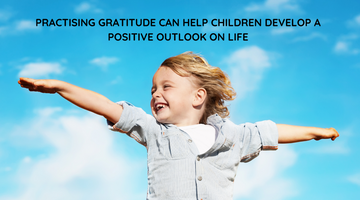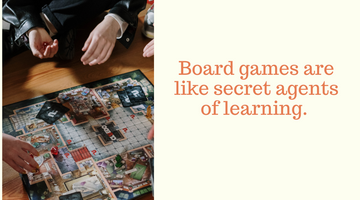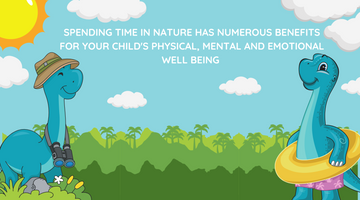In today's fast-paced world, mindfulness and self-care are becoming increasingly important for everyone, including children. Mindfulness is the practice of being present in the moment, without judgement or distraction. Self-care involves taking care of oneself to maintain physical and emotional health. Here are some ways parents can help their children cultivate mindfulness and self-care practices.
1. Mindful Eating: Encourage your child to pay attention to their food when they eat. Teach them to savour the flavours, textures, and smells of their food. This can help them develop a healthy relationship with food and improve their overall well-being.
Mindful eating involves paying attention to the experience of eating, including the taste, texture, and smell of food. Encourage your child to take their time when they eat, and to savour each bite. Teach them to focus on the sensations of the food, and to notice how it makes them feel. This can help them develop a healthy relationship with food, and improve their overall well-being.
2. Gratitude Journal: Encourage your child to start a gratitude journal, where they write down things they are grateful for every day. This can help them focus on the positive things in their life and cultivate a sense of appreciation and contentment.
Practising gratitude can help children develop a positive outlook on life and improve their mental health. Encourage your child to start a gratitude journal, where they write down things they are grateful for every day. This can be anything from a sunny day to a kind word from a friend. Encourage them to focus on the little things that bring them joy and contentment. This can help them cultivate a sense of gratitude and appreciation for the world around them.
Checkout our blog - Ways to Stay Active and Fit with Your Kids as a Busy Mom
3. Mindful Breathing: Encourage your child to take a few deep breaths whenever they feel overwhelmed or anxious. Teach them to breathe in deeply, hold it for a few seconds, and then exhale slowly. This can help calm their mind and body and bring them into the present moment.
When children are feeling anxious or overwhelmed, they may benefit from practising mindful breathing. Taking a few deep breaths can help calm their mind and body and bring them into the present moment. Encourage your child to find a quiet place to sit or lie down, and take a few deep breaths. Teach them to breathe in deeply through their nose, hold it for a few seconds, and then exhale slowly through their mouth. This can help them reduce stress and anxiety, and improve their ability to focus.
4. Meditation: Teach your child how to meditate by encouraging them to sit quietly and focus on their breath or a peaceful image. This can help them calm their mind, reduce stress, and improve their ability to focus.
Meditation can be a powerful tool for reducing stress and improving mental health. Encourage your child to find a quiet place to sit or lie down, and to focus on their breath or a peaceful image. This can help them calm their mind and reduce stress. Encourage them to practise meditation regularly, and to gradually increase the amount of time they spend meditating.
5. Creative Expression: Encourage your child to engage in creative activities such as drawing, painting, or writing. This can help them express their emotions and feelings in a healthy way and improve their mental health.
Engaging in creative activities can be a great way for children to express their emotions and feelings in a healthy way. Encourage your child to find a creative outlet that they enjoy, such as drawing, painting, or writing. This can help them process their emotions and feelings, and improve their mental health.
6. Physical Activity: Encourage your child to engage in physical activity that they enjoy, such as playing sports or dancing. This can help them reduce stress, improve their physical health, and boost their strength.
In today's fast-paced world, it's crucial to prioritize mindfulness and self-care for children. By introducing them to these practices early on, parents can help their children develop lifelong skills for managing stress, cultivating gratitude, and maintaining overall well-being.
If you're looking for a place to explore these practices further, Allthingslittle is an excellent resource. They provide a wide range of materials, activities, and guidance for parents and children to embrace mindfulness and self-care. Remember, cultivating these practices takes time and consistency, so encourage your child to be patient and gentle with themselves as they embark on this journey.






